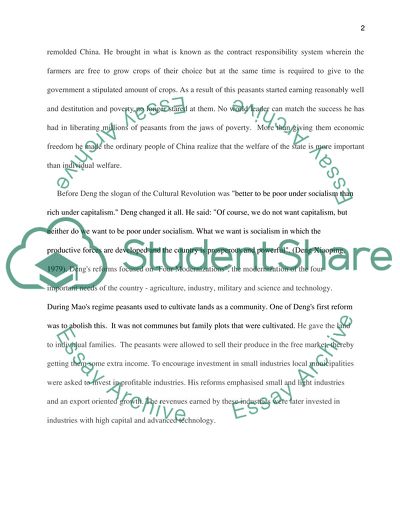Cite this document
(Deng xiaoping Essay Example | Topics and Well Written Essays - 1250 words, n.d.)
Deng xiaoping Essay Example | Topics and Well Written Essays - 1250 words. https://studentshare.org/history/1707441-deng-xiaoping
Deng xiaoping Essay Example | Topics and Well Written Essays - 1250 words. https://studentshare.org/history/1707441-deng-xiaoping
(Deng Xiaoping Essay Example | Topics and Well Written Essays - 1250 Words)
Deng Xiaoping Essay Example | Topics and Well Written Essays - 1250 Words. https://studentshare.org/history/1707441-deng-xiaoping.
Deng Xiaoping Essay Example | Topics and Well Written Essays - 1250 Words. https://studentshare.org/history/1707441-deng-xiaoping.
“Deng Xiaoping Essay Example | Topics and Well Written Essays - 1250 Words”. https://studentshare.org/history/1707441-deng-xiaoping.


